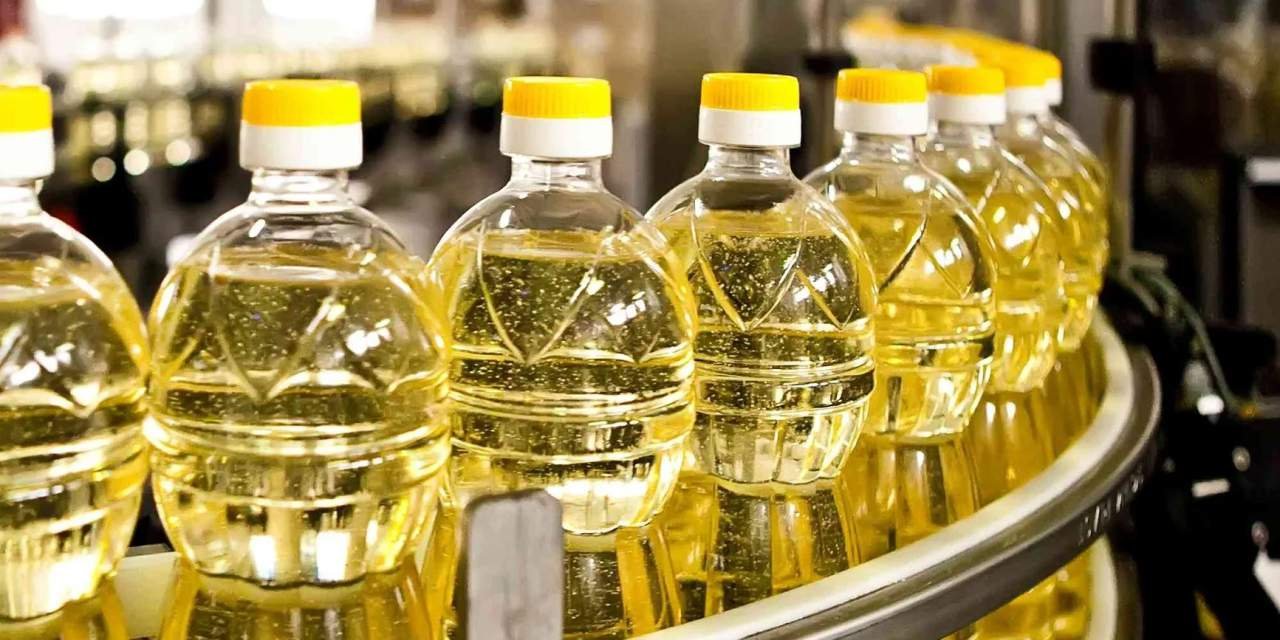While edible oil industry bodies welcomed the Vegetable Oil Products Production and Availability (VOPPA) Regulation Order 2025, concerns were raised over compliance challenges for smaller, unorganised producers.
The Ministry of Consumer Affairs, Food and Public Distribution has notified the 2025 Vegetable Oil Products, Production and Availability (VOPPA) Regulation Order, replacing key provisions of the 2011 framework under the Essential Commodities Act, 1955.
The Vegetable Oil Products Production and Availability (VOPPA) Regulation Order 2025 is a key update to India’s edible oil regulatory framework, effective from August 1, 2025, designed to ensure transparency, curb hoarding, and secure supply in the vegetable oil sector.
It is reported that this 2025 order strengthens India’s edible oil supply chain transparency, policy response capacity, and consumer protection, crucial for national food security.
Whats New in VOPPA Order 2025
Key Amendments in 2025
- Expanded definitions and scope of regulated products.
- Mandatory producer registration and robust data reporting.
- Enhanced inspection and enforcement powers.
- Simplified digital compliance via the upgraded VOPPA portal
Regulatory Scope and Coverage
- The regulation mandates that producers, manufacturers, repackers, and processors of vegetable oils and related products must register with the Directorate of Sugar and Vegetable Oils before commencing production or sales.
- The definition of “vegetable oil products” now includes oils in crude form and those processed by methods such as filtration, refining, blending, emulsification, and more.
- Registration is necessary for entities producing, stocking for sale, or offering for sale vegetable oils, solvent extracted oils, or blended oils.
Regulatory Powers and Enforcement
- The Directorate can conduct surprise factory inspections and seize stock if discrepancies or suspected hoarding are found.
- Non-compliance, including false data reporting, may result in registration denial or withdrawal, and possible confiscation of inventory.
- The order aligns with the Essential Commodities Act, 1955, and seeks to stabilize prices and ensure consistent availability across India.
Under the new framework, producers will face stricter registration and reporting requirements. Under the revised rules, edible oil producers must apply for registration certificates through the Directorate of Sugar and Vegetable Oils in New Delhi, providing details such as factory location and production capacity as listed in Schedule I.
The order also mandates that producers file monthly reports by the 15th of every month, disclosing oil usage, production, sales, and stock levels. This data will enable better supply chain tracking and help maintain the availability of cooking oils at fair prices.
The amendment strengthens enforcement mechanisms by empowering the Director to inspect factories, demand information, and seize stocks if false reporting is suspected. Non-compliance is strictly prohibited, with producers required to follow all directives.
The updated framework also introduces clearer definitions for terms such as Producer, Vegetable Oil, and Director (Directorate of Sugar and Vegetable Oils), aligning with the Essential Commodities Act, 1955, and the Collection of Statistics Act, 2008.
Outdated references such as “de-oiled meal or edible flour” have been removed, while Schedule III and Paragraph 13 have been scrapped to simplify compliance. Terminology has also been updated for consistency, with “Clause” replaced by “Paragraph” and “Chief Director” by “Director.”
Edible Oil Industry Reactions: Mixed Response
The new order represents the most significant regulatory revamp in the edible oil sector in more than a decade. While large producers are expected to adapt quickly, industry leaders have voiced concerns over the burden on small and unorganised manufacturers.
Sanjeev Asthana, President of the Solvent Extractors’ Association (SEA), cautioned that many small units lacking digital infrastructure may struggle with portal-based registration and monthly filings. “The bigger question is whether the government can identify and onboard all such units. Without full coverage, compliance gaps could persist despite tighter rules, defeating the objectives of the Order,” he said.
On the other hand, the Indian Vegetable Producers’ Association (IVPA) welcomed the move, noting that inconsistent and incomplete data has long hindered effective policymaking. “The organised sector is well-equipped to comply, but the challenge lies in the highly fragmented unorganised sector, which comprises thousands of small mills and processing units,” IVPA said in a statement.
Have a news or topic to share with industry? Write to us editorial@pfionline.com

















